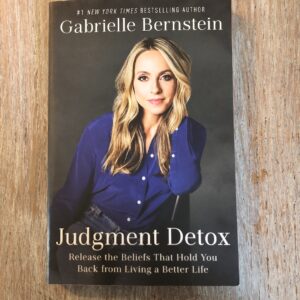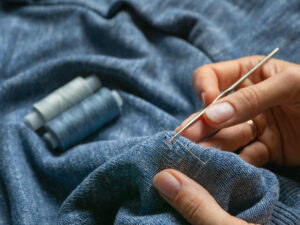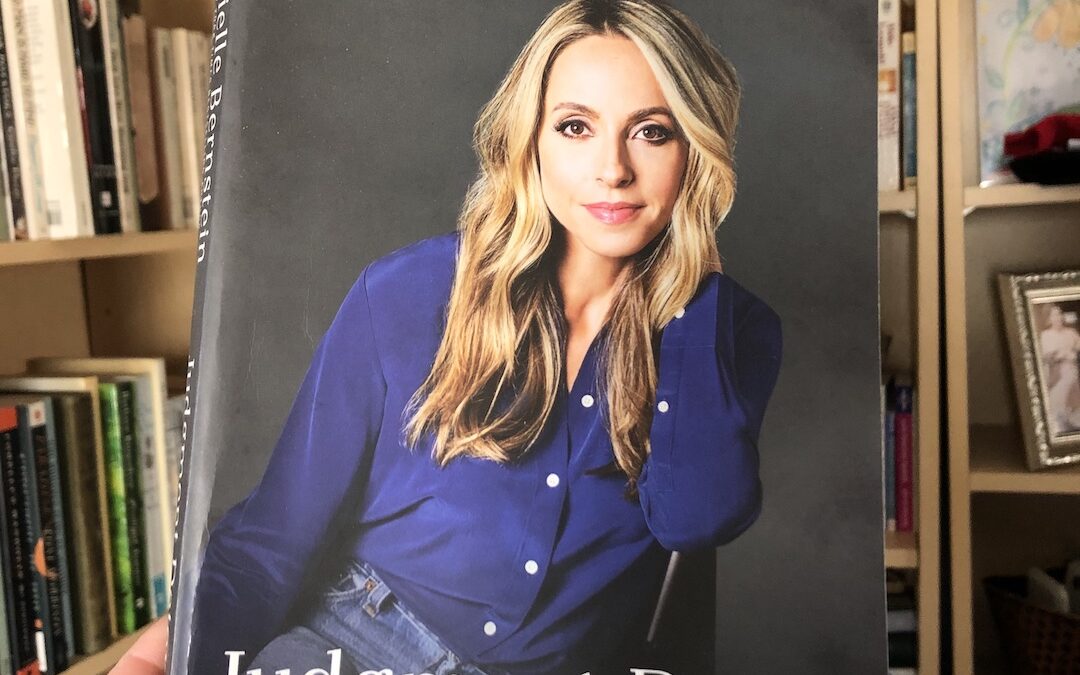I stay home. A lot. I don’t wear a mask outside in the fresh air and stay at least six feet away from people. When I go into any building, I wear a mask and keep my distance. When I visit a business with unmasked employees and customers, I stop going — as much as I believe in supporting local businesses.
Some friends and readers may judge me as too careful. Others may judge me as careless, taking chances that could spread a deadly virus to their families.
This last year, I’ve struggled with feeling judged and I’ve struggled with trying not to judge others over flashpoints and controversies like masks.
The judgment and divisiveness have been just as exhausting as the hundreds of decisions about how to manage the risk of contracting or spreading COVID-19. This is such a painful, divisive time in our American family.
This combination of confusing public health messaging, misinformation and the need to do unnatural things like not hugging or seeing people we love for a long time provided us with more ammunition than ever this past year to judge each other’s behavior — as if we needed that!
Can a Judgment Detox Help Us Mend?
A couple of years ago, I listened to an interview on the Beautiful Writers Podcast with best-selling author Gabrielle Bernstein, who wrote “Judgment Detox.” For the first time, I tuned into the prevalence of judgment.
Bernstein writes:
“My definition of judgment for this book is pretty straightforward: Separation from love. The moment we see ourselves as separate from anyone else, we detour into a false belief system that is out of alignment with our true nature, which is love.”
Soon, I spotted judgment everywhere. (Remember, this was before the pandemic!) I heard and recognized judgment from my own mind, my voice and the judgment from others.
This, according to Bernstein, is an initial, baby step toward scrubbing my thoughts and words free of judgment, and kicking the judgment habit. I have a lot of work to do on this, a long way to go.
This past year has been especially challenging.

Imagine if We Quit Judging Each Other (even just a little)
I think a lot about where we go from here, and how we mend ourselves and our society. How do we work our way toward peace as individual people? as families? as communities? Perhaps letting go or healing our judgments of each other is a big part of that.
We judge each other constantly in so many ways — how we look, what we wear, what we drive. We judge by skin color, and by anything that’s different than us or what we believe.
It feels so awful to be judged, right?
And we all do it. Constantly.
It’s so easy to judge someone for being different. We react out of anger, fatigue or defensiveness. We react out of our own pain.
And, how about judging ourselves? The chattering in our minds.
Been there. Done all of that — even some days before a first cup of coffee.
Breaking an Awful Cycle
Bernstein writes about what she calls “The Judgment Cycle.”
Here’s how it works:
Some external event in our lives causes us to separate from our true nature, which is love. That separation leads to inadequacy, loneliness and ultimately fear.
“We want to protect ourselves from that fear, so we project it outward in the form of judgment,” Bernstein writes.
Which leads to more separation.
She outlines six “judgment detox” steps, drawing on meditation, prayer and other spiritual practices, and writes about her daily practice of them.
“The Judgment Detox dissolves all boundaries with love. It brings us back to this truth: We’re all connected one way or another. We all suffer. We all feel unworthy and abandoned at times. But identifying sameness in one another allows us to shift our focus from separation back to love,” writes Bernstein.
Love is the antidote.
(How about that? It all comes back to love.)
Work in Progress
But wow — in our real, gritty daily lives, it’s hard to actually pause to identify that sameness and find the love, right?
Tough stuff. This takes time. Thus, the exercises. The practice. Work in progress.
So when I notice judgment, I practice shifting my attention and energy to love. I look for what we have in common. We are all affected by this pandemic and struggling to muddle through it. We all love our children — sometimes imperfectly from broken, wounded hearts. We’re all doing the best we can.
There is no “them” — just us. We’re all children of God.
This judgment detox is a work-in-progress. But I’ll tell you, I’ve found Bernstein’s tips useful in bringing me some peace. We all have people in our lives we still have to deal with, even though we’d rather not.
The last time I saw one of those people was a long time ago. (I don’t get out much!) I noticed myself get annoyed and twisty, said a little prayer to hold the person “in the light” and quietly extracted myself. It felt much better. Give it a shot. See what happens. Maybe it can help us mend.

Living Through a Pandemic
Back to all those decisions we face about how to live through this thing. Masks are unpleasant. The first few times I wore a mask last spring felt odd and surreal.
We’ve never had to wear them before! My background as a science writer and daughter of a scientist-mom helped me accept and adopt masks.
Other people come from different backgrounds and look at this through different lenses.
Scientific research continues to mount that masks are effective in reducing our risk of virus transmission. To see a picture of baseball players wearing masks during the 1918 pandemic, visit this October 6, 2020 article in the journal “nature” and scroll down. This article is a great, detailed summary of the state of the science from last fall — and it illustrates my point that emerging science doesn’t lend itself to tidy, absolute or clear messages.
Centers for Disease Control lab experiments found snug surgical masks and two-layer combo of cloth and surgical mask reduce viral transmission by 96.5 percent, according to a Feb. 21, 2021 report in the New York Times.
The numbers vary by model, but the research is telling us: Masks save lives. Why wouldn’t we do that?
Staying home is easy for me. I’ve worked from home for a long time. My husband is a school administrator who goes to school every day, so my strategy is to keep my risk as low as possible to help balance his. We’ll see. We’re not free and clear yet.
Infectious disease experts and public health officials are concerned about the new virus variants.
So I’ll keep wearing my mask, staying home and shopping at places where people wear masks and I feel safe. This is how I’m living through this thing and doing my best to protect and keep our family healthy.
For the people who don’t agree? Well, I hope we can try harder to understand each other, and hold each other in the light.

